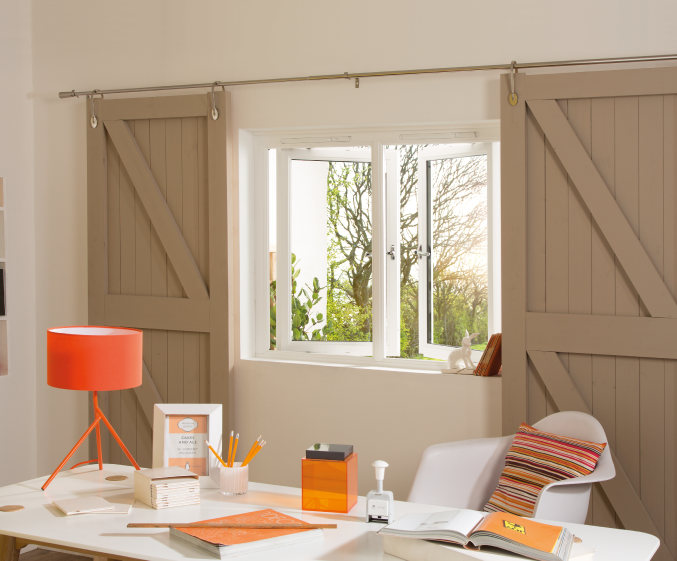The demand for new homes in the UK has never been greater, and despite the Government and housebuilders’ best efforts, the amount of new houses being built still isn’t enough to meet the required levels.
It’s been suggested that an increase in self build projects could help ease some of the pressures currently faced by housebuilding industry. While the UK has one of the lowest self build rates globally, accounting for only 10 per cent of all private sector builds, new research from AMA Research suggests that activity is on the rise.
If you’re thinking about building your own home, our list of top tips will give you guidance you need to get a project going.
1. Take the ground up approach – the recent rise in the number of houses being built means that funding opportunities and access to land are also on the increase. Think practically about what it is you’re looking for – do you need to be close to schools and services, or would you rather pick a plot that is less likely to face planning objections? Explore what’s available in detail to find the opportunity that’s right for you.
2. Make a plan – your first step here is to decide how much time you can devote to the project. If you have other commitments, hiring an external project manager or local contractor to oversee the building work and keep everything running on schedule could be a wise move. They will have a number of contacts in the industry who can provide support where necessary, ultimately saving you time, energy and money.
3. Be realistic – your budget will underpin every decision you make, and while self build’s can have an unfair reputation for being expensive, there are a number of ways you can make savings and keep costs under control. Having a good working relationship with your builders’ merchant can prove beneficial here too, helping you identify the tools and products you’ll need at the right price.
4. Think about the day to day – while your house doesn’t have to be completely finished before you move in, you can’t live in a complete building site either. You’ll need to consider what impact finishing the build will have on your daily life, and vice versa. Once the big jobs are out of the way, you can make all the finishing touches you need to at your own pace. The big advantage is that ultimately it can save you money – the less time you have to pay to live elsewhere, the better.
5. Self build doesn’t necessarily mean ‘build it yourself’ – tempting as it may be, taking on all the building work might not necessarily be the most sensible, or cost effective, approach to your project. Certain jobs like plumbing work and the installation of gas appliances require specialist sign off from a qualified tradesperson. With these certifications, you’re safe in the knowledge that the work has been done correctly, and to the required safety standards.
6. Get a helping hand – even if you’ve tackled a self build project before, it’s always good to have the guidance of those who are masters in the field, like architects, designers, tradespeople and builders’ merchants. This team of experts will be able to offer you advice, practical support and guidance however, and whenever, you need it.
To find out more about how Jewson can help you with your next self build project, visit http://www.jewson.co.uk/working-with-you/for-self-builders/




